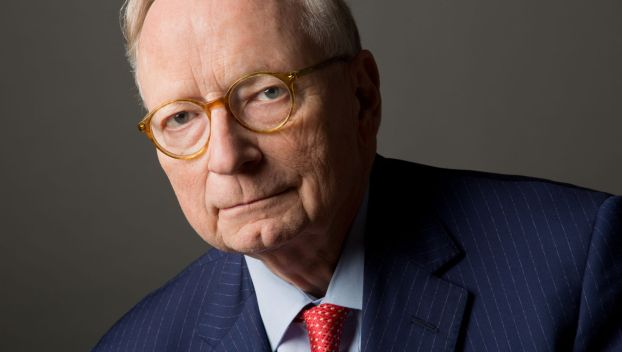
Nation And World
McVeigh attorney reflects on the worst domestic terrorism attack in U.S. history
ENID, Okla. — Attorney Stephen Jones was contacted two weeks after the 1995 Oklahoma City bombing and asked ... Read more

ENID, Okla. — Attorney Stephen Jones was contacted two weeks after the 1995 Oklahoma City bombing and asked ... Read more